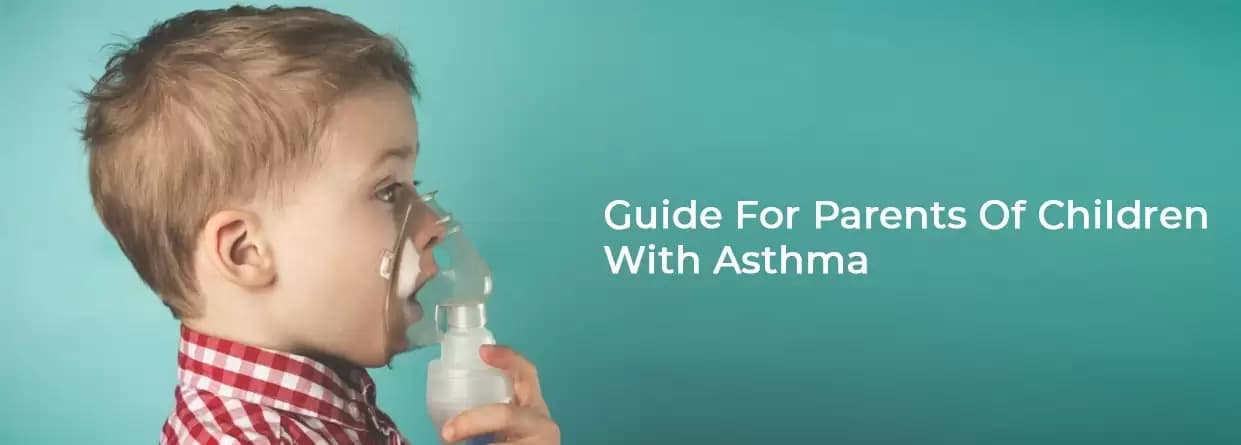
Asthma is a respiratory illness wherein the air passage of an individual becomes narrow, inflamed, and the mucous membrane lining the airway secretes extra mucus.
Asthma is a respiratory illness wherein the air passage of an individual becomes narrow, and inflamed, and the mucous membrane lining the airway secretes extra mucus. This results in, laborious breathing, shortness of breath, and a whistling sound while exhaling, and may also set off coughing.
Children suffering from asthma cannot deal with asthmatic attacks on their own. No parent would like to see their child facing/suffering from the effects of asthma. Asthma symptoms can be managed and controlled but the parents of the child may not be available to provide immediate assistance at all times. Thus the child and the parent need to know everything about asthma and its treatment to have better control of the respiratory condition. If the child's asthma symptoms are severe immediate medical assistance must be provided. At CMRI the best asthma specialist doctor and pulmonologist in Kolkata check for a detailed history of asthma symptoms in children and based on diagnosis provides an individualized approach for the management of asthma in children.
The expert pediatric pulmonologists guide the parents and their children so that they put themselves on the right path to handle asthma.
Asthma symptoms may develop before the child attains the age of 5 years. It becomes very difficult to evaluate this condition in such young kids. At the initial stages, asthma symptoms cannot be easily distinguished from any common respiratory infection. With growing age, the symptoms of asthma become more apparent. Some of the emerging signs of asthma include:
If any of the signs are felt by the child or observed by the parent, the very first step is to visit an asthma and allergy specialist so that the child gets the best possible care.
Both parent and the child can feel secure if they have an asthma action plan (stepwise directions or instructions) already created by their doctor to deal with future incidents. Asthma can be managed by avoiding the triggers that might worsen the symptoms of asthma and by taking prescribed medications. By following the plan prescribed by the children's asthma doctor, the parent can know how to take care of the child.
For more information about asthma treatment in Kolkata contact the best team of doctors at CMRI to allow your child to have a completely normal lifestyle
Written and Verified by:
-Dr.-Beauty-Biswas-(-Pulmonology-).webp&w=256&q=75)
Dr. Beauty Biswas is a Consultant in Pulmonology at CMRI, Kolkata, with over 10 years of experience. She specializes in interventional pulmonology, including bronchoscopy, thoracoscopy, EBUS, TBLB, cryobiopsy, and pigtail catheter insertion.
Similar Pulmonology Blogs
Book Your Appointment TODAY
© 2024 CMRI Kolkata. All Rights Reserved.